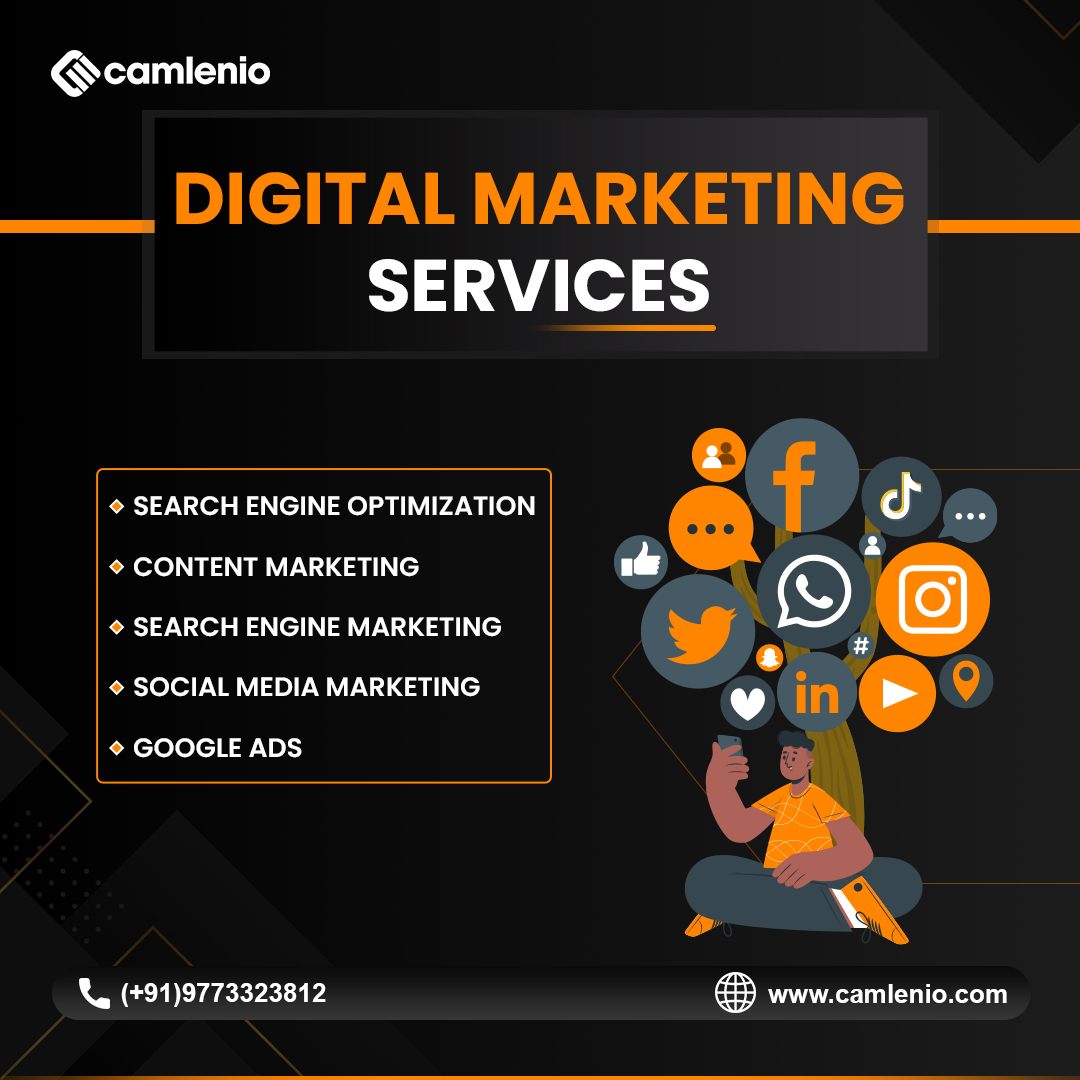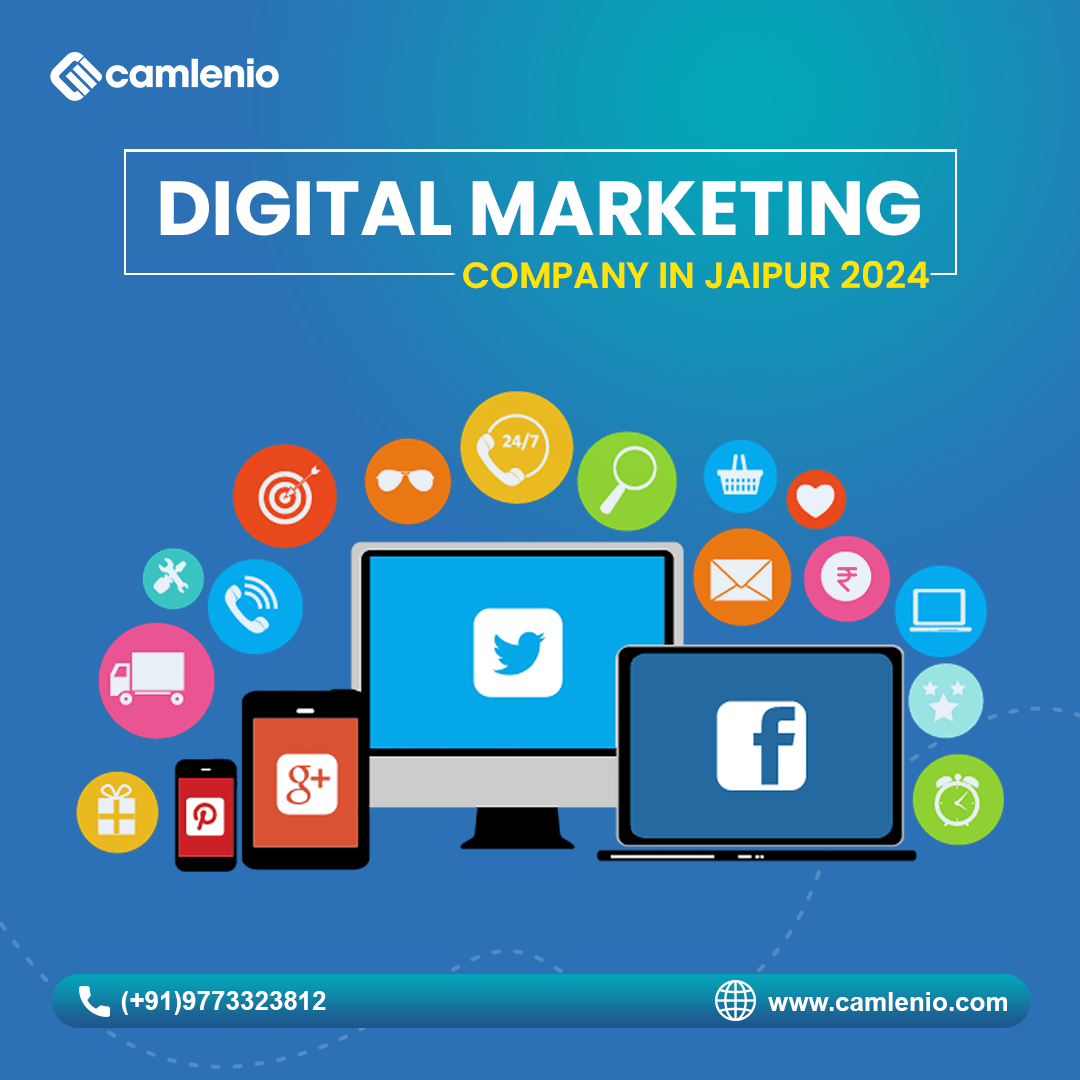Introduction: The Mobile-First Shift
As of 2025, more than 70% of all internet traffic comes from mobile devices. Whether users are searching for a nearby restaurant, booking a salon appointment, or comparing prices on the go, mobile browsing is now the norm.
Yet many websites still fail to fully optimize their performance for mobile users—especially when it comes to location relevance and page speed.
That’s where GEO (Generative Engine Optimization) steps in, combining AI content generation and geo-location data to create mobile experiences that are not just fast, but deeply relevant to users in their specific location.
What is GEO (Generative Engine Optimization)?
GEO is a modern approach to SEO that merges:
AI-powered content generation
Geo-location targeting
Search engine optimization best practices
Instead of a one-size-fits-all mobile experience, GEO enables your website to adapt dynamically based on the user’s physical location, ensuring that content, calls-to-action, and even page speed are customized and optimized per region.
GEO is especially effective for:
Local businesses with multiple branches
Service providers targeting city-wise keywords
E-commerce brands with region-based offers
Why GEO Matters for Mobile Optimization
- 🔎 Most Mobile Searches Are Local
Over 60% of mobile searches include location-specific phrases like “near me,” “in [city],” or “open now.”
- ⏱️ Speed + Relevance = Conversions
Users expect fast load times, personalized content, and relevant offers. GEO can pre-load location-specific assets and serve regionally customized messaging, which improves both engagement and conversions.
- 💡 AI Enhances Personalization
With tools like ChatGPT or Jasper, GEO enables automatic generation of local landing pages, city-specific FAQs, and custom metadata without manual effort.
Key Benefits of GEO for Mobile SEO
a. Localized Visibility
With GEO, you can rank higher for mobile users in specific regions—helping your site appear for searches like:
“Digital marketing agency in Jaipur”
“Budget hotels near Connaught Place”
b. Improved Mobile Load Speed
By loading only necessary, location-based assets (like maps, images, or offers), GEO reduces server load and boosts speed.
c. Personalized User Experience
Customers receive different experiences based on location:
Dynamic CTAs (Call Now, Book Here, Visit Us Nearby)
Local testimonials and trust signals
Region-specific products or services
d. Better Conversion Rates
A user in Delhi sees different offers and pricing than someone in Bangalore, increasing the chances of clicks, calls, and purchases.
GEO vs Traditional SEO
| Feature | Traditional SEO | GEO |
|---|---|---|
| Content | Static and universal | Dynamic and localized |
| Optimization | General keywords | Location-based, long-tail |
| Tools | Meta tags, backlinks, H1s | Geo IP, AI content, location schema |
| Personalization | Limited | High (user-specific) |
| Scalability | Manual | Automated via AI |
How to Implement GEO in Mobile Optimization
Here’s a step-by-step strategy:
1. Geo IP Detection
Use tools like MaxMind, IP2Location, or Cloudflare Geo to detect user location based on IP.
2. Dynamic Content Creation
Use AI tools to generate:
City-specific landing pages (e.g., “SEO Services in Noida”)
Local FAQs
Region-specific product descriptions
3. Geo-Targeted Meta Tags
Ensure each page has:
Unique meta titles & descriptions with location keywords
Schema.org Local Business markup
Geo-coordinates if relevant
4. Mobile-First UI/UX
Ensure content fits within mobile screen sizes, and test your layout using:
Google’s Mobile-Friendly Test
Lighthouse Performance Audit
5. Local Backlink Building
Acquire backlinks from:
Local business directories
Regional blogs
City-specific press coverage
Real-World Examples of GEO in Action
- Hotels & Travel
A hotel chain uses GEO to:
Show city-specific deals
Load maps to the nearest location
Optimize keywords like “3-star hotels near me”
E-commerce
A retailer uses GEO to:
Change currency and tax based on location
Display availability based on regional warehouses
Serve different promotional banners by region
Health & Wellness
A dental chain creates unique pages like:
“Invisalign in South Delhi”
“Pediatric Dentist in Jaipur”
Optimized with local reviews, directions, and CTAs.
Best Practices for GEO in 2025
Use AI ethically—ensure content quality and avoid spinning.
Keep mobile speed < 2.5 seconds.
Update local content regularly—events, offers, service changes.
Maintain design consistency—don’t confuse users by switching layouts per region.
Combine GEO with PPC (e.g., geo-targeted Meta Ads or Google Ads).
Challenges & How to Overcome Them
Duplicate Content Risk
Solution: Ensure AI-generated content is varied in structure and wording using NLP models.
SEO Cannibalization
Solution: Use canonical tags and proper internal linking to avoid overlapping city pages competing with each other.
Over-Personalization
Solution: Allow manual location switching for users and maintain clear site navigation.
Conclusion: Embrace GEO for Next-Level Mobile Growth
The digital world is more location-aware and AI-driven than ever before. If your mobile website is still using traditional SEO, you’re falling behind.
By implementing GEO, businesses can:
Connect with users in a more meaningful, local way
Speed up mobile experiences
Dominate mobile and local search results
2025 is the year to act. Whether you run a small service-based business or a large multi-city enterprise, GEO will give your mobile presence the competitive edge it needs.
FAQ Section
1.What is GEO in SEO?
GEO (Generative Engine Optimization) is a modern SEO technique that combines AI-generated content with geo-location targeting to enhance visibility, relevance, and performance—especially on mobile.
2. How does GEO improve mobile performance?
By preloading location-relevant content and assets, GEO reduces load time and increases engagement on mobile devices.
3. Is GEO suitable for small businesses?
Absolutely. Local cafes, salons, realtors, tutors, and clinics can all benefit from showing up in “near me” searches through GEO.
Which tools can I use to implement GEO?
MaxMind or IP2Location for geo-detection
ChatGPT, Jasper, Copy.ai for AI content
Google Lighthouse for performance auditing
RankMath or Yoast for meta optimization

